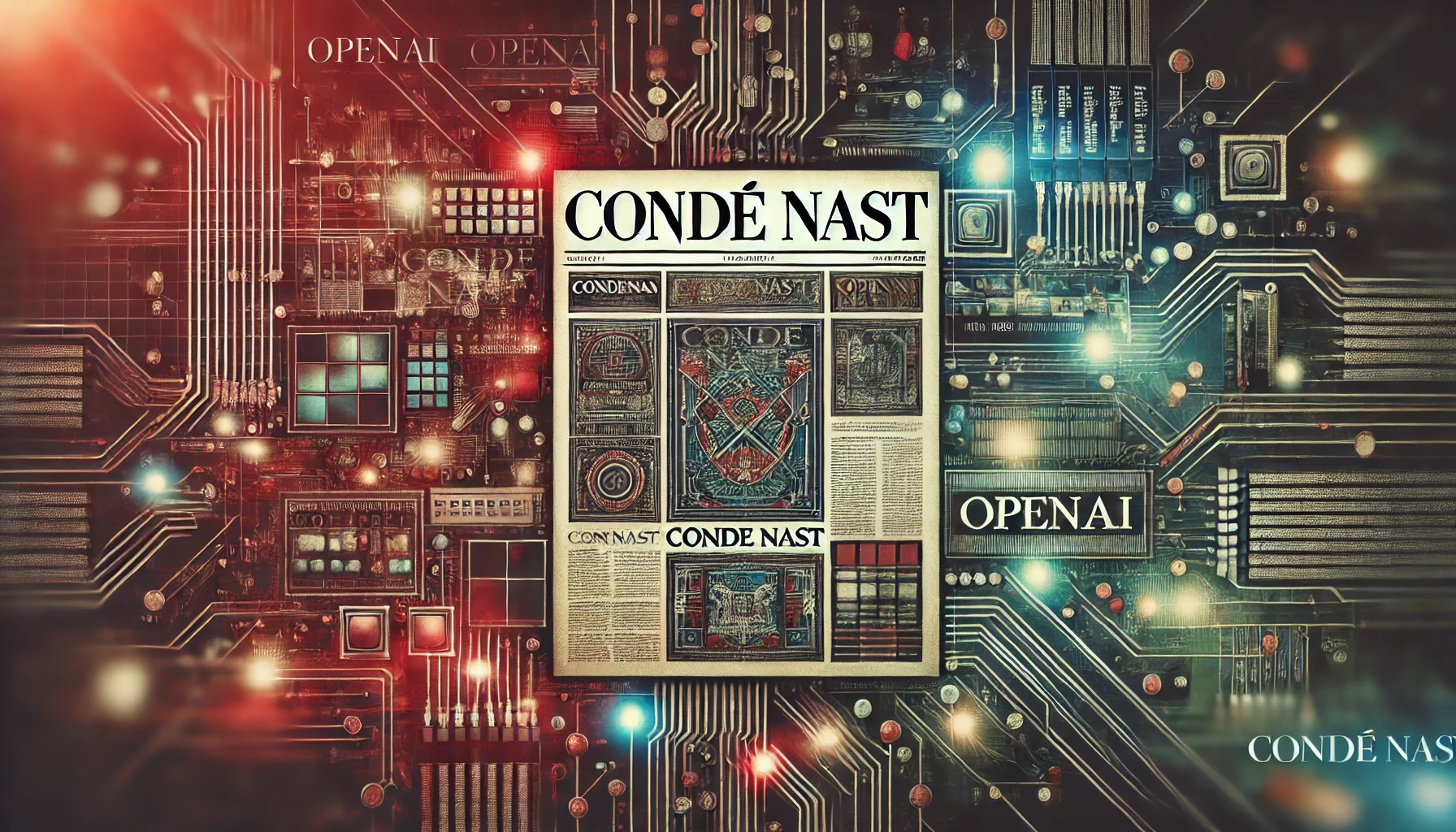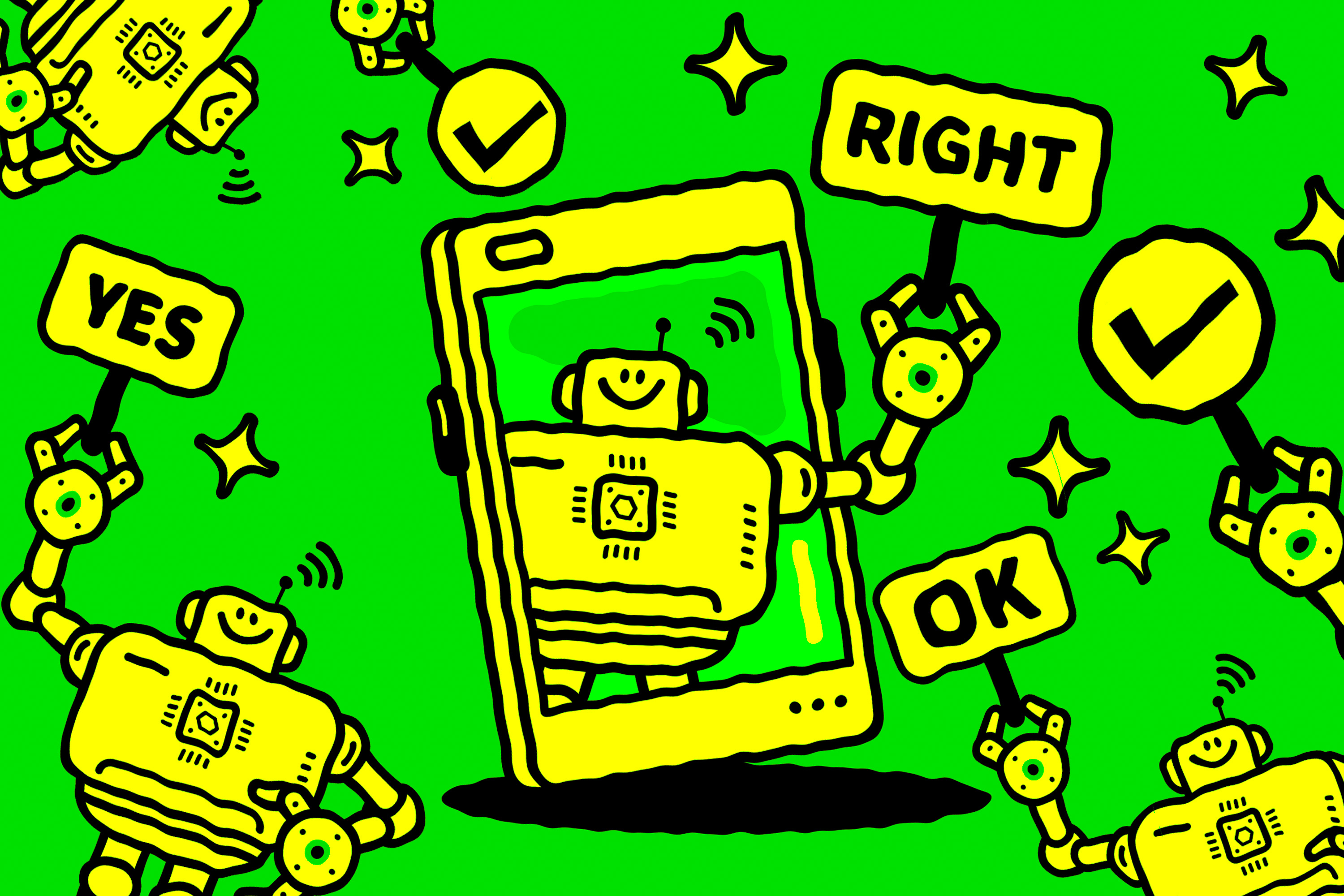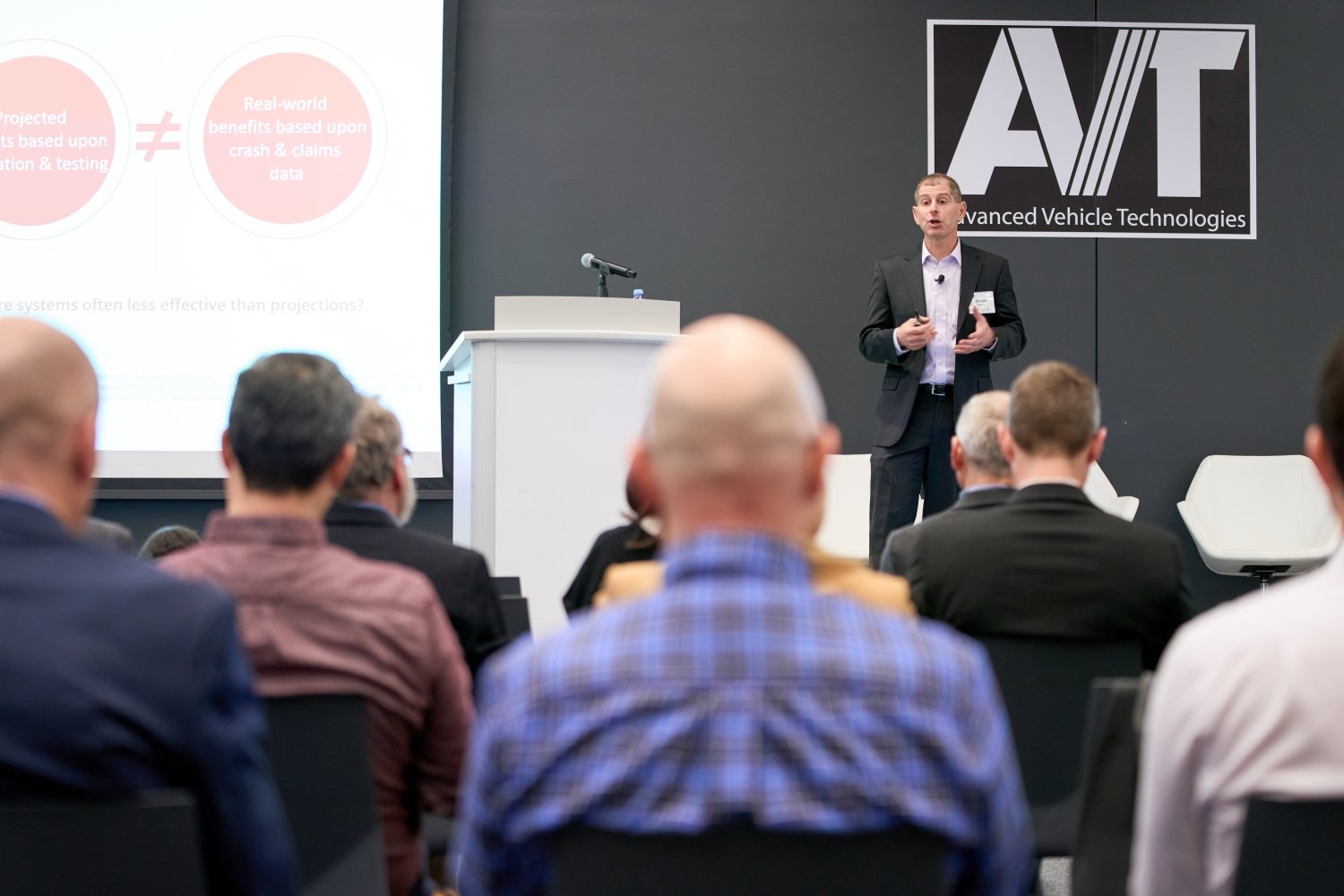OpenAI and Vogue publisher Condé Nast forge data partnership
OpenAI has reached a deal with Condé Nast and its prestigious portfolio of publications, including Vogue, The New Yorker, and Wired. This will involve integrating news and other text published by Condé Nast into OpenAI’s AI products, such as ChatGPT and the newly launched SearchGPT. The deal, announced on Tuesday, August 20, 2024, marks another milestone in OpenAI’s strategy to secure high-quality content for its AI models. While financial details weren’t disclosed, the deal will likely be substantial given the caliber of the content – soon to become data – on offer. Brad Lightcap, OpenAI’s chief operating officer (COO), was The post OpenAI and Vogue publisher Condé Nast forge data partnership appeared first on DailyAI.

OpenAI has reached a deal with Condé Nast and its prestigious portfolio of publications, including Vogue, The New Yorker, and Wired.
This will involve integrating news and other text published by Condé Nast into OpenAI’s AI products, such as ChatGPT and the newly launched SearchGPT.
The deal, announced on Tuesday, August 20, 2024, marks another milestone in OpenAI’s strategy to secure high-quality content for its AI models.
While financial details weren’t disclosed, the deal will likely be substantial given the caliber of the content – soon to become data – on offer.
Brad Lightcap, OpenAI’s chief operating officer (COO), was quick to comment on the company’s commitment to maintaining the quality and integrity of Condé Nast’s material.
“We’re committed to working with Condé Nast and other news publishers to ensure that as AI plays a larger role in news discovery and delivery, it maintains accuracy, integrity, and respect for quality reporting,” Lightcap stated.
Motivated by massive sums of cash and fears that generative AI tools spell doom for publishing, Condé Nast joins a growing roster of companies proactively engaging with OpenAI and others. This includes Time Magazine, the Financial Times, and Axel Springer, among others.
Condé Nast’s CEO, Roger Lynch, directly acknowledged this challenge: “Our partnership with OpenAI begins to make up for some of that revenue, allowing us to continue to protect and invest in our journalism and creative endeavors.”
This deal seems particularly at odds with Wired’s tech-skeptical philosophy.
Known for its often critical coverage of the tech industry and investigations into tech scandals and controversies, Wired is now partnering with the very company at the center of some of its critiques.
The irony that a publication that recently called AI search tool Perlpexity a “bull**** machine” will now pump its content into OpenAI’s Perplexity competitor, SearchGPT.
Plus, it was only in June 2023 that news executives and legal experts from The New York Times, Vox Media, News Corp, Condé Nast, and IAC discussed uniting against the unpermitted use of their news content for AI purposes.
It all goes to show how flimsy the publishing media’s walls are when AI companies pressure them to give up their data in return for hefty payments.
Some media companies are still resisting change
Not all media companies have been eager to collaborate with AI firms.
The New York Times and eight other newspapers owned by Alden Global Capital sued OpenAI and Microsoft, alleging copyright infringement and seeking billions in damages.
Anthropic was just today targeted with a lawsuit from three authors alleging copyright abuse of books, illustrating the deepening divide between publishers and AI companies.
In the end, this might develop into a case of ‘if you can’t beat ’em, join ’em.’
Not long ago, the ‘big three’ record labels, Universal Music Group, Sony Music, and Warner Records, launched a seismic lawsuit against AI companies for allegedly stealing copyright music.
But, they also expressed willingness to cooperate if AI companies were to fess up to their copyright missteps and work towards mutually beneficial outcomes.
This “data race” is reshaping the relationship between tech companies and content creators.
While some view these partnerships as a way to monetize content in the AI era, others worry about the long-term implications for journalism and intellectual property rights.
It’s difficult to say whether publishing companies like Condé Nast are jumping the gun.
We’ll have to wait and see what impact SearchGPT and the next generations of generative AI tools have on the internet and the way we search and consume information.
The post OpenAI and Vogue publisher Condé Nast forge data partnership appeared first on DailyAI.






















